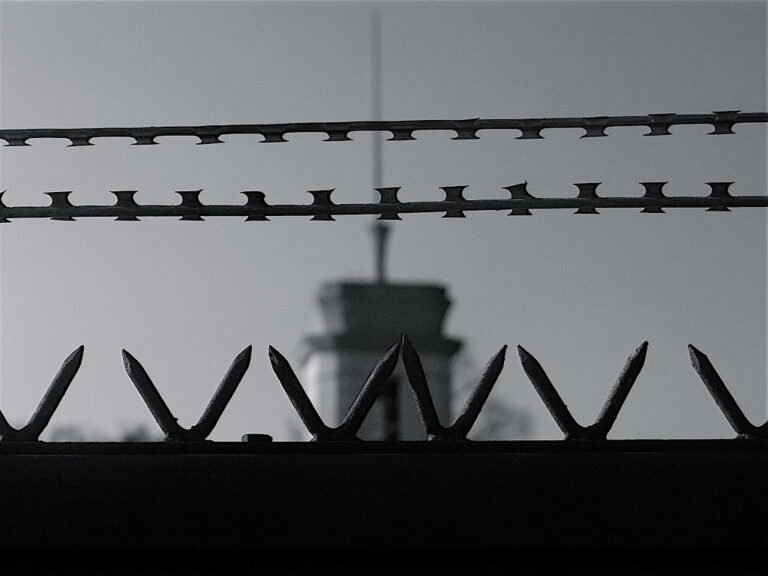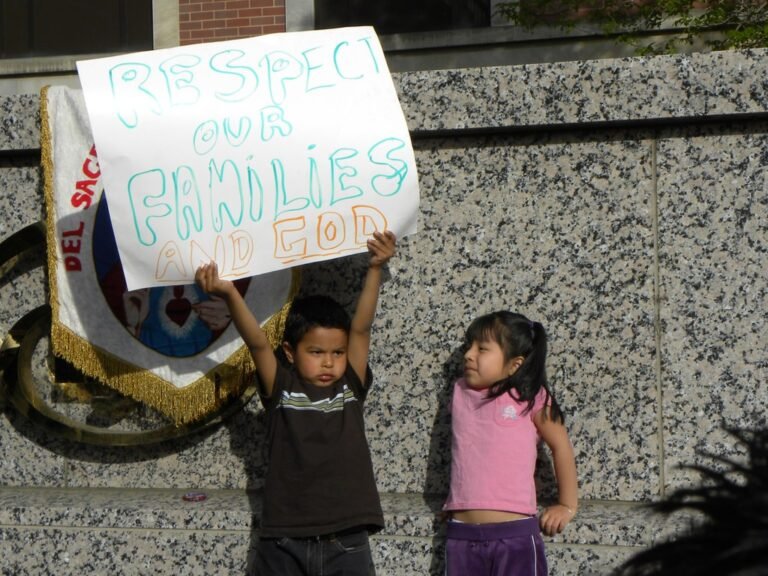
(Source : Columbia Spectator) Columbia University is pushing back against the publication of confidential documents in a recent congressional report, stating that it did not consent to their release. The documents, which were part of an investigation into antisemitism on college campuses, were disclosed by the House Committee on Education and the Workforce last Thursday.
A spokesperson for Columbia, Samantha Slater, explained that the University had provided the materials in response to the committee’s subpoena, but had requested that the information remain confidential. The materials, which include disciplinary records related to student protests and other campus events, were intended to be kept private, with redactions made to protect student identities.
“We provided this information in connection with our response to the Committee’s subpoena and requests, and we requested confidential treatment of the information we provided,” Slater said in a statement.
The documents in question include sensitive information about student disciplinary cases, social media activity, and affiliations with campus organizations. While names were redacted, the contents still revealed significant details about the students involved. These materials were part of a broader set of documents Columbia submitted to the committee—approximately 100,000 pages in total—since the investigation began. The report, titled “Antisemitism on College Campuses Exposed,” includes documents from other universities, such as Barnard College, which also requested confidentiality.
Columbia had raised concerns about the release of these materials as early as October 11, when the University’s legal team, represented by the firm Covington & Burling LLP, sent a letter to the committee requesting that the documents not be made public. The letter emphasized that Columbia was not waiving any legal rights regarding the confidentiality of the information.
The House committee reportedly gave Columbia just one day’s notice before publishing the 325-page report, which included internal communications and disciplinary information from 10 other universities, including Barnard. Columbia’s legal team reiterated its concerns to the committee on the eve of the report’s release, but the committee proceeded with publishing the materials, disappointing the University.
“We are deeply disappointed that the Committee did not protect students’ privacy as we had requested,” Slater wrote.
The investigation has centered around student protests related to the war in Gaza and concerns over antisemitic actions on campuses. The report has been critical of Columbia’s handling of disciplinary actions in response to protests, including the occupation of Hamilton Hall. While the University initially stated that students involved in the protests could face expulsion, many students were later reinstated, with 18 out of 22 students involved in the occupation allowed to return to “good standing,” and seven graduating despite the arrests.
The report highlights that Columbia imposed “shockingly few meaningful disciplinary consequences” for those involved in the protests, which have sparked national debate about free speech, campus activism, and antisemitism.
The publication of these confidential documents has put Columbia under the spotlight, as the University continues to face scrutiny from lawmakers and the public over its handling of student protests and its response to allegations of antisemitism on campus.


